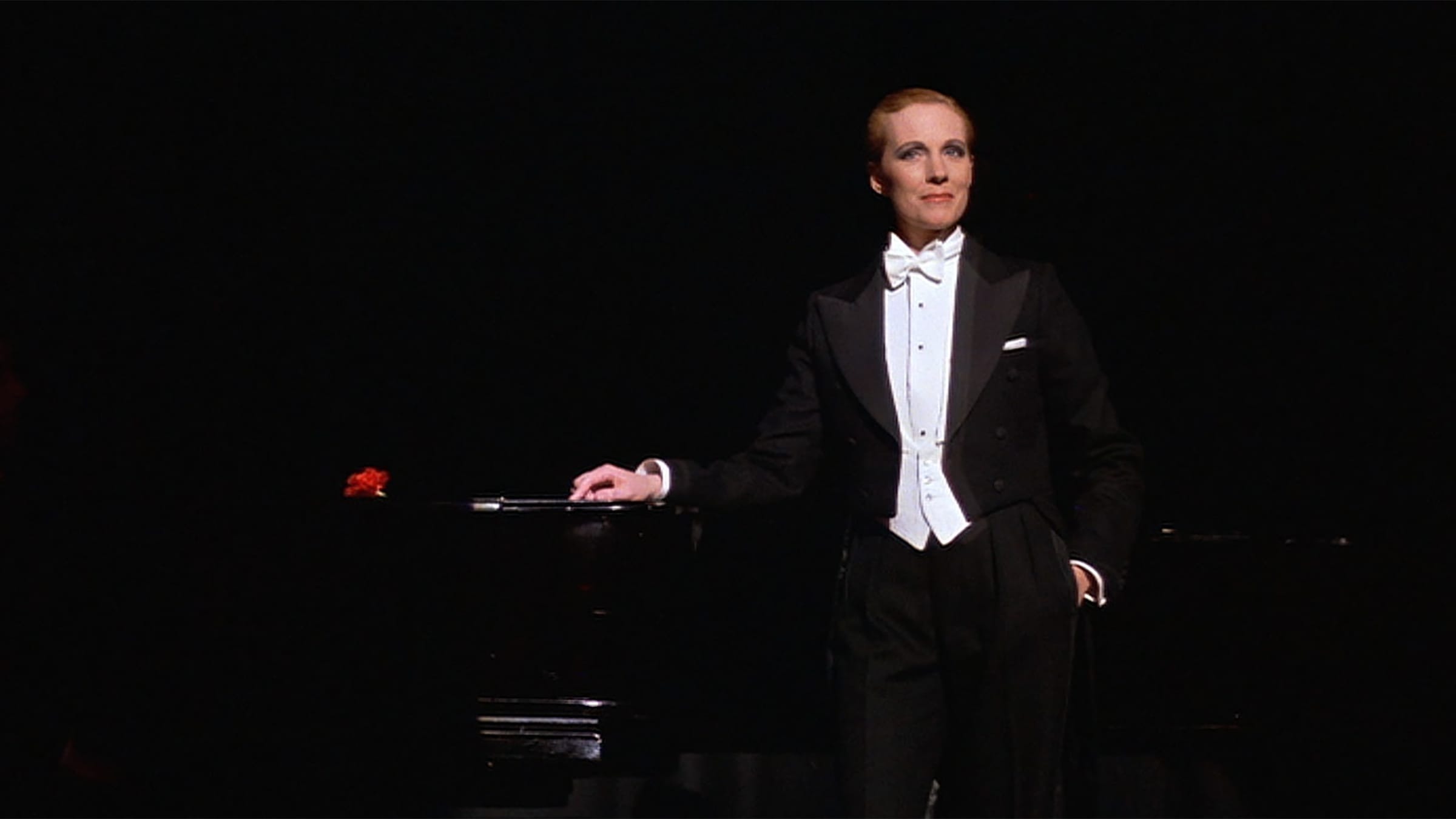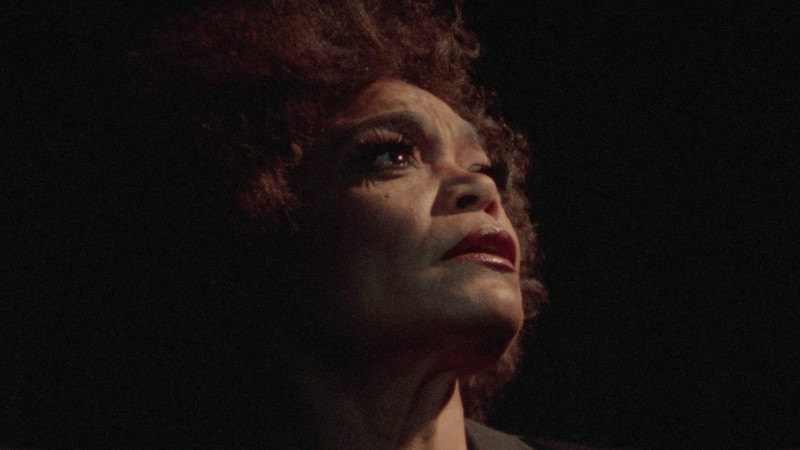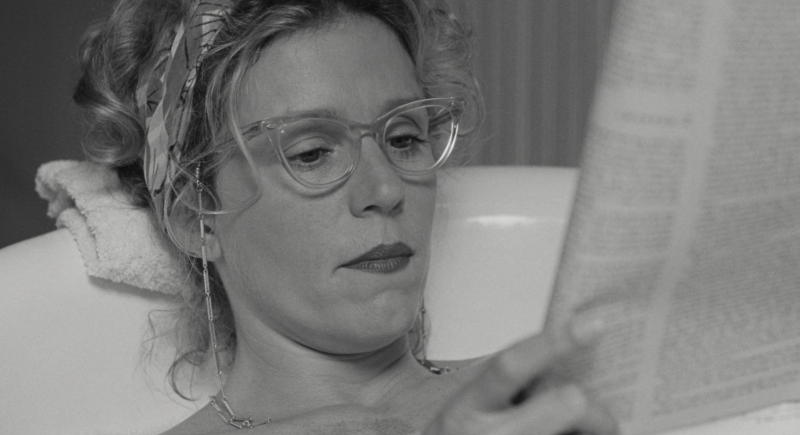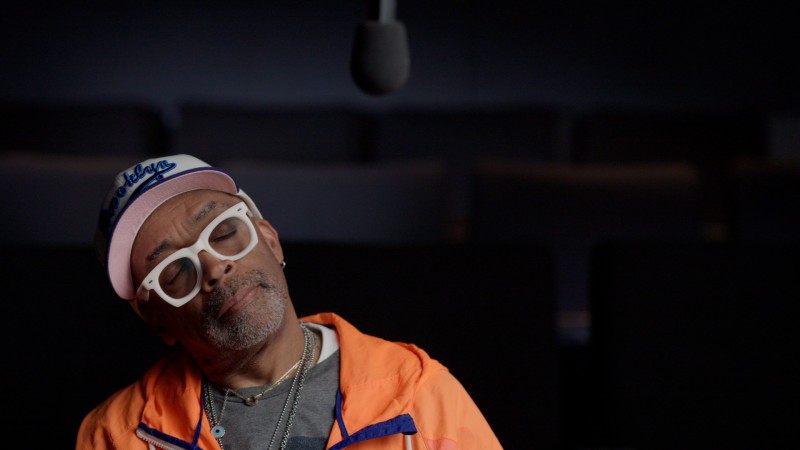The Unabashedly Queer Musical That Turned the Genre on Its Head

“Shame is an unhappy emotion invented by pietists in order to exploit the human race.” These are perhaps the most striking words of wisdom in the very wise and wonderfully warm Victor/Victoria, stated with a proper flip of the wrist by Robert Preston’s character, Toddy. “You don’t believe in shame?” he’s asked incredulously by bosom buddy Victoria. He responds, “I believe in happiness,” indicating that the emotions are mutually exclusive.
Eking out an existence as a second-rate cabaret entertainer in early-1930s Paris, Toddy is the narrative engine for Blake Edwards’s 1982 musical comedy and, just as crucially, its philosophical drive. Despite describing himself at one point as an “old queen,” Toddy avoids embodying hoary stereotypes. He may be middle-aged, queer, and catty, but he’s never lonely, sad, or vicious, and he has little trouble finding romantic partners. Toddy’s gayness, and the film’s shameless embodiment of it, is established immediately: the opening shot pulls back from a window on a snowy morning cityscape to reveal him waking up in bed with another man. The intimation of casual gay sex feels doubly meaningful, as it’s rare for eighties Hollywood filmmaking and, even to this day, an American musical.
While the musical has long been taken and teased as an inherently gay genre—both by gay viewers and patronizing straights—it has traditionally featured very little in terms of actual queer representation. Musicals, like so many of the most stylized American film genres (the western, the screwball comedy, the melodrama), were often conceived and constructed as a response to the mainstream social order, allowing their makers to interrogate the conventions of heterosexist culture. But because so much of this analysis happens subtextually, it’s up to queer spectators to produce meaning. It’s there in the emotionality of the form, which allows characters to, in essence, speak their hidden desires through song and occasionally dance. This quality gives musicals a singularly queer expressivity, an ability to make the invisible visible—detectable in such below-the-surface queer spectacles as Vincente Minnelli’s The Pirate, George Cukor’s A Star Is Born, and Howard Hawks’s Gentlemen Prefer Blondes.





